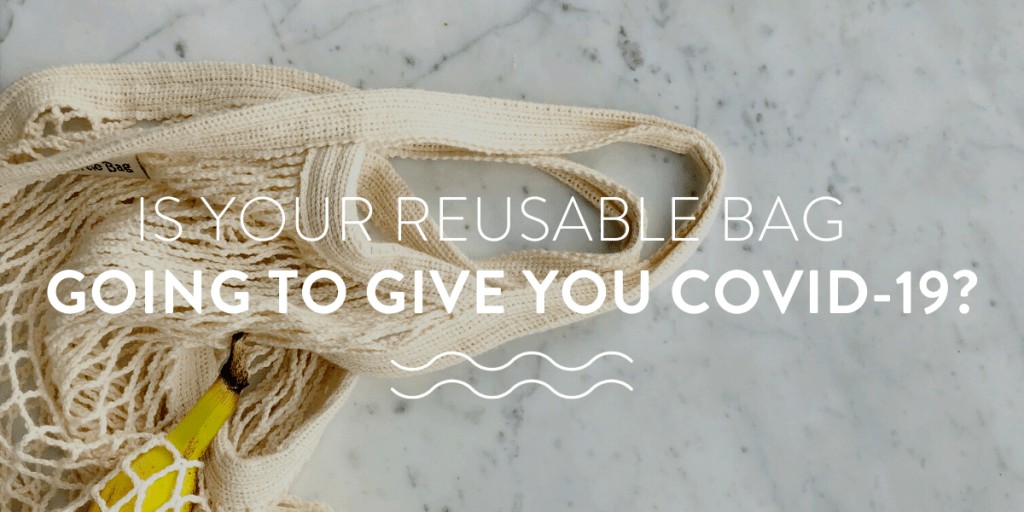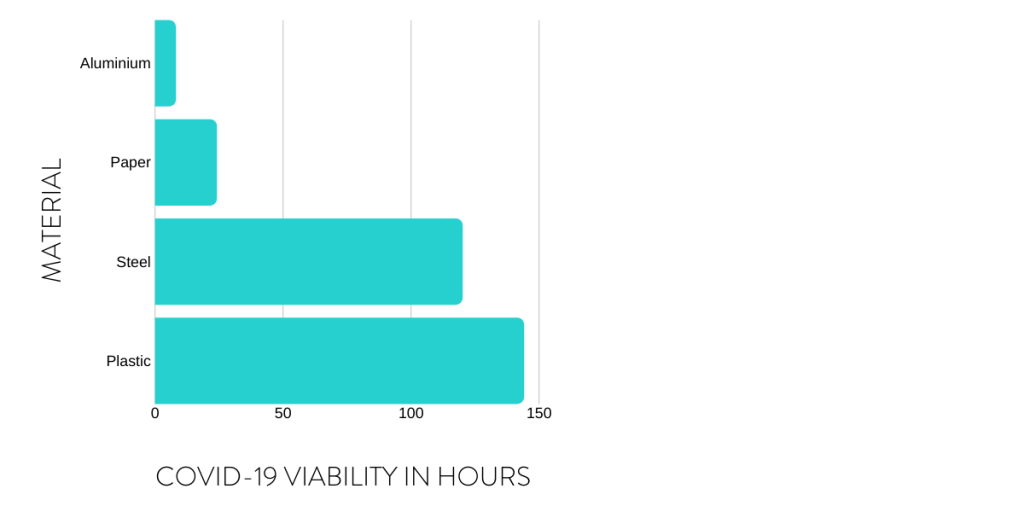Recently, with all the craziness going on around the COVID-19 pandemic, a lot of misinformation has been circulating. The latest news from the US Plastic Industry Association stipulated that single use plastic bags presented less risk for people to catch COVID-19 than reusable bags. This information is putting years of efforts to lower plastic pollution and significant improvement in jeopardy.
The US Plastic Industry Association has based its statement on the assumption that reusable bags are more likely to carry viruses than single use plastic bags. However, it should be noted that the studies these assumptions are based on only mention reusable bags as presenting a risk when not washed properly.
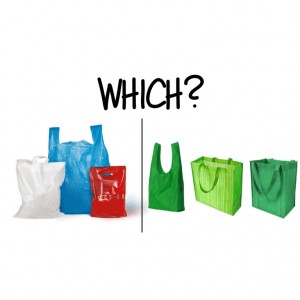
Should we worry about reusable bags?
Catching the virus is a totally understandable fear. Especially considering how it has been spreading exponentially over the course of just four months. The idea of using disposable bags might sound tempting as people imagine disposing of the bag will help them dispose of the virus itself. As forgivable as the motive behind this thought can be, things need to be clarified for people to have a better understanding of how using reusable bags will not increase the risk of catching the virus. If anything, it can limit it. The current crisis must not give excuses to take a step back in how much improvement has been made so far in terms of plastic pollution.
What does the research say?
Even though COVID-19 is so recent, some studies have been conducted about similar viruses in the past (mostly SARS-COV-1). On top of that, scientists are working on the matter and some explainable trends have been identified that are reassuring for the use of reusable bags.
A study conducted by the National Institutes of Health (NIH) and the Centers for Decease Control and Protection (CDC) has been released in March 2020. The study confirmed that touching contaminated surfaces can lead to catching the virus. It also highlighted the viability of the virus on certain surfaces, like aluminium, copper, paper and plastic.
Following is a summary table:
As if plastic was not causing enough harm as it is, it is also the most favorable material to host the virus. Now, this table does not say anything about the viability of the virus on fabric or clothing. This is where it gets more interesting. Researchers assert that the porosity of a material has a direct impact on the viability of the virus, although the data has not been consolidated yet. The more porous the material, the more likely the virus will dry up and its particles will dislocate.
Where does fabric fit in?
You guessed it, fabric is more porous than surfaces like glass or plastic. Interestingly, synthetic fabric will take more time to make the virus inactive, by drying it out, than natural fibers. A publication in the New England Journal of Medicine estimated the viability of the virus on fabric of around 12 hours on average. This is far less than plastic.
Reusable bags, especially made of natural fibers (cotton or bamboo tote bags), capture the virus for much less time than single use plastic bags. They also have a major competitive advantage – they are easily washable.
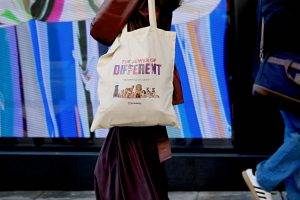
A sadly common strategy
History always repeats itself. Or at least, it does some rather good impressions of itself. Let us list the different ingredients to a perfect recipe for a good crisis throughout the ages shall we:
- An unexpected epidemic/war
- An unprepared population
- Some preexisting instabilities (economic/ financial crisis…)
- Fearmongers taking advantage of people’s panic to squeeze something out of it (government passing laws, businesses seeking profit etc.)
Does this sound familiar?
This exact pattern has been repeated over decades, if not centuries, in times of political and sanitary crises. Yet, when you could expect humanity to have learnt from its mistakes, COVID-19 crisis has generated the same reactions.
So why has the Plastic Industry Association incited consumers to go back to single use plastic? Well, it is a plastic lobby association. Defending the plastic industry is its main purpose. As many as eight states out of fifty in the United States have now banned single use plastic bags. COVID-19 presents an ideal opportunity for the industry to backtrack on the ban, by relying on people’s fear and confusion.
What are the unquestionable facts?
It seems like no one knows who to (or not to) trust anymore. One day people should not wear masks, when it turns out that governments are out of stock, the next day, masks are necessary to limit spreading the virus. One day, people should not panic and keep the economy afloat by going outside, the next everyone is confined for an undetermined amount of time.
In these very uncertain times, one should find a stable anchor through facts and scientific knowledge accumulated over the years. This way people’s decisions will be based on sustainable foundations.
Nowadays, we do not have any excuse to not look for information, with all the available technologies. We do have access to the data we need to make conscious decisions and should refuse to be guided only by beliefs and fear. Sure, these same technologies make it “too much” sometimes. It is overwhelming to hear about the same topic again and again, with constant contradictions due to how instant communication has become.
It has been proven long ago that single use plastic is not only extremely harmful for the environment, but also for the wildlife as well as our health.
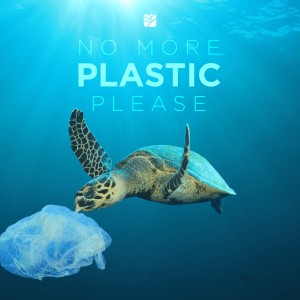
Single use plastics are dangerous
There are about 12,000 chemicals used in food packaging and many of them are hazardous to human health. Microplastics end up in the ocean and the food chain from plankton to the biggest fish and eventually in our plates!
Somehow, these considerations are completely ignored at the moment because the direct consequences cannot be seen in an immediate future. All this questioning the harm caused by single use plastic bags is a short-sighted answer to an immediate problem. An answer provided by lobbies taking advantage of people’s fear. And yet, it is these short-sighted perspectives that lead us to this plastic crisis in the first place.
Wouldn’t it be refreshing to change the game and make decisions for the long run? This would not only improve our current situation, but also have more sustainable impact for our planet and society.
How do we reuse and stay safe?
Hygiene is the only solution to maximize people’s chances to not catch the virus. It does not matter what bag they use or the context they are in.
We should be reminded that the virus is being transmitted by respiratory tracts. Someone coughing could generate some respiratory droplets that can remain on the previously mentioned surfaces. You will have a lower risk if you use a washed reusable bag than taking a single use plastic bag someone else has touched. By using your own reusable bag you have more control.
In addition, the virus might be on other surfaces that were touched prior to being placed in the grocery bag. It doesn’t matter what bag you are using. The only responsible action we can take is to decontaminate any possible surface after being at risk.
Doctors recommend washing anything that has been at risk when coming back home. This starts with our hands, for about 20 seconds and then our clothes should be put away and washed. In order to guarantee full protection bags need to be treated the same way.

Let’s keep informed and rational; rushing to emotional conclusions has never proved to be wise!
Sources
Plastics industry exploits coronavirus to prop up single use plastics
Plastic pollution reuse and covid-19


